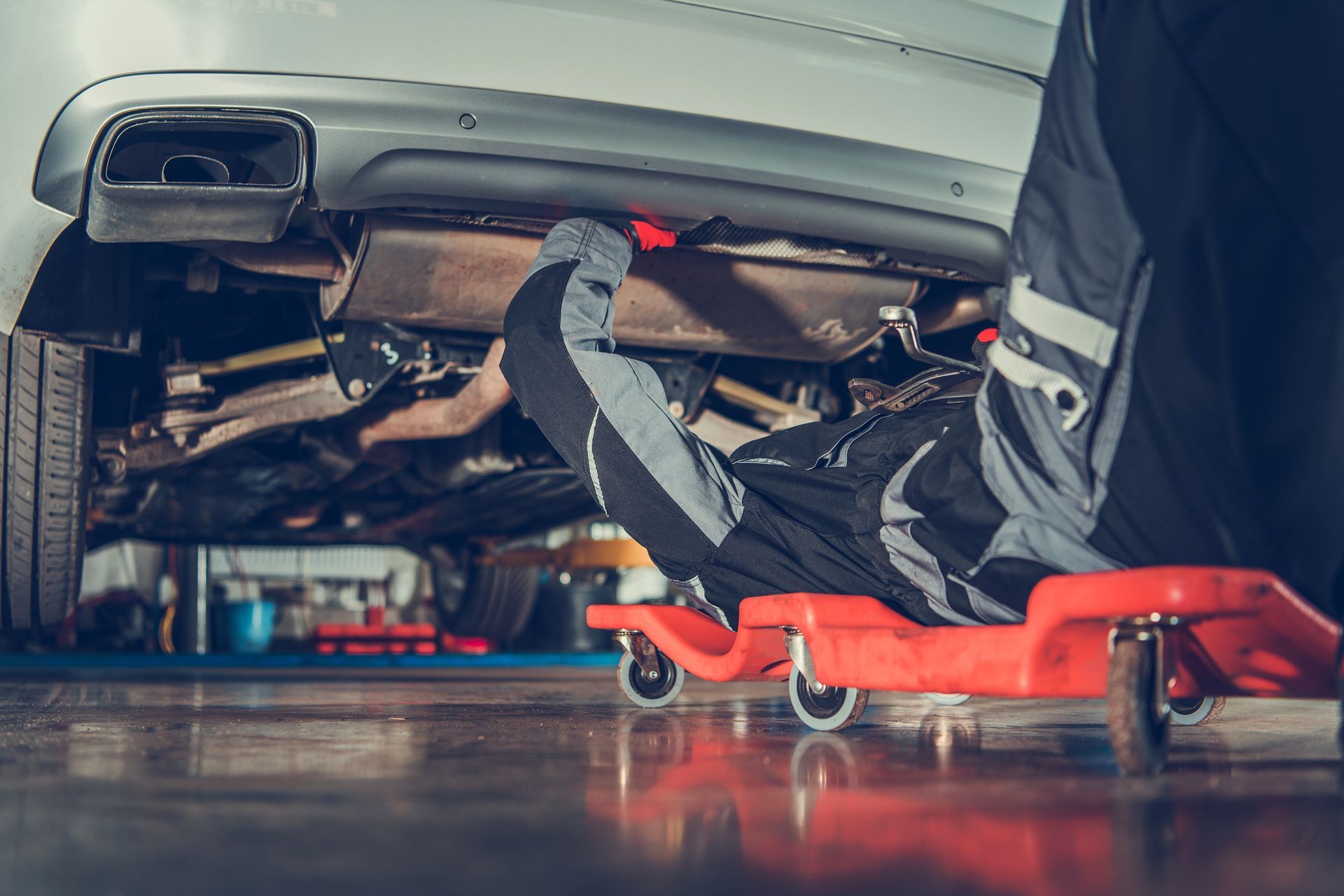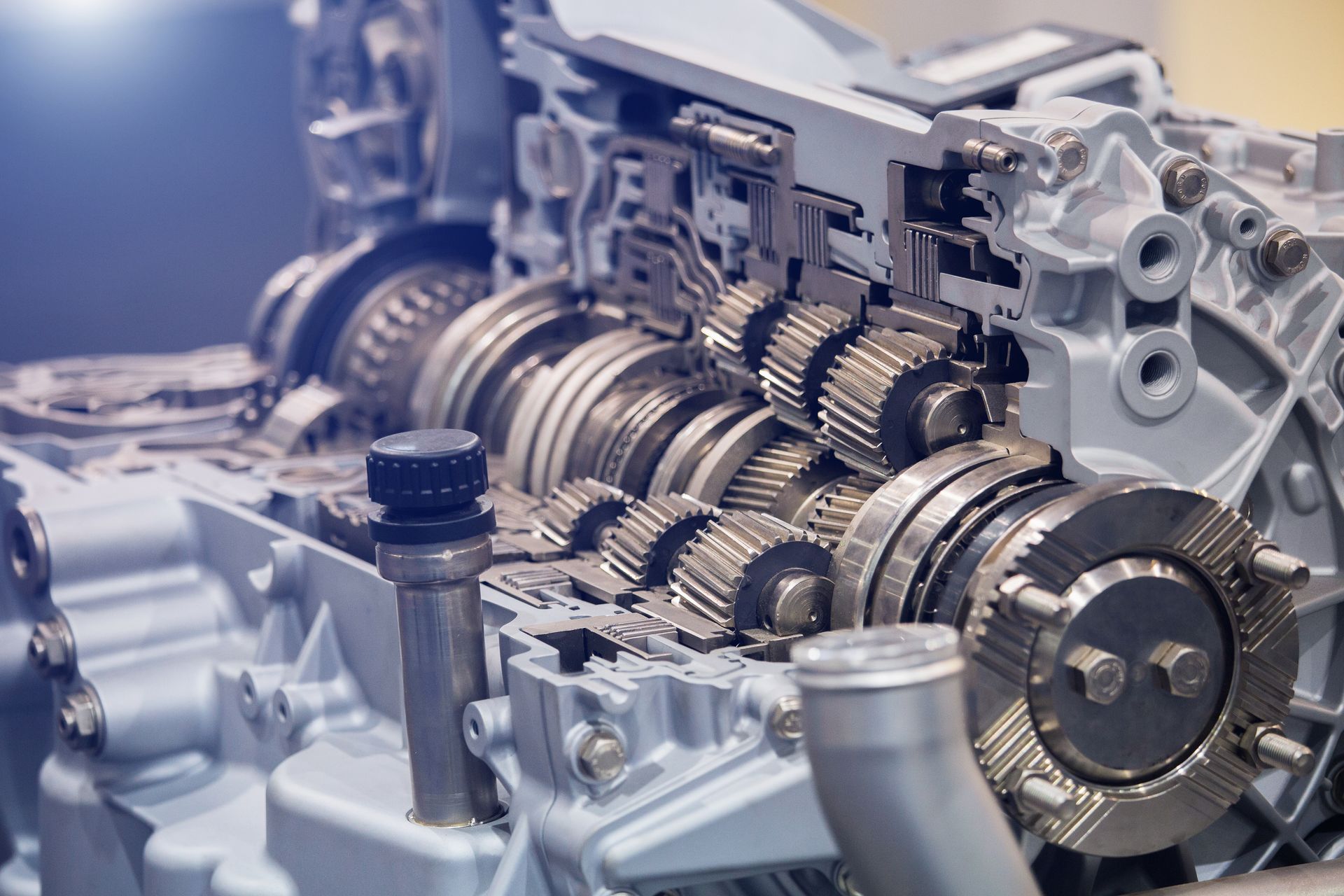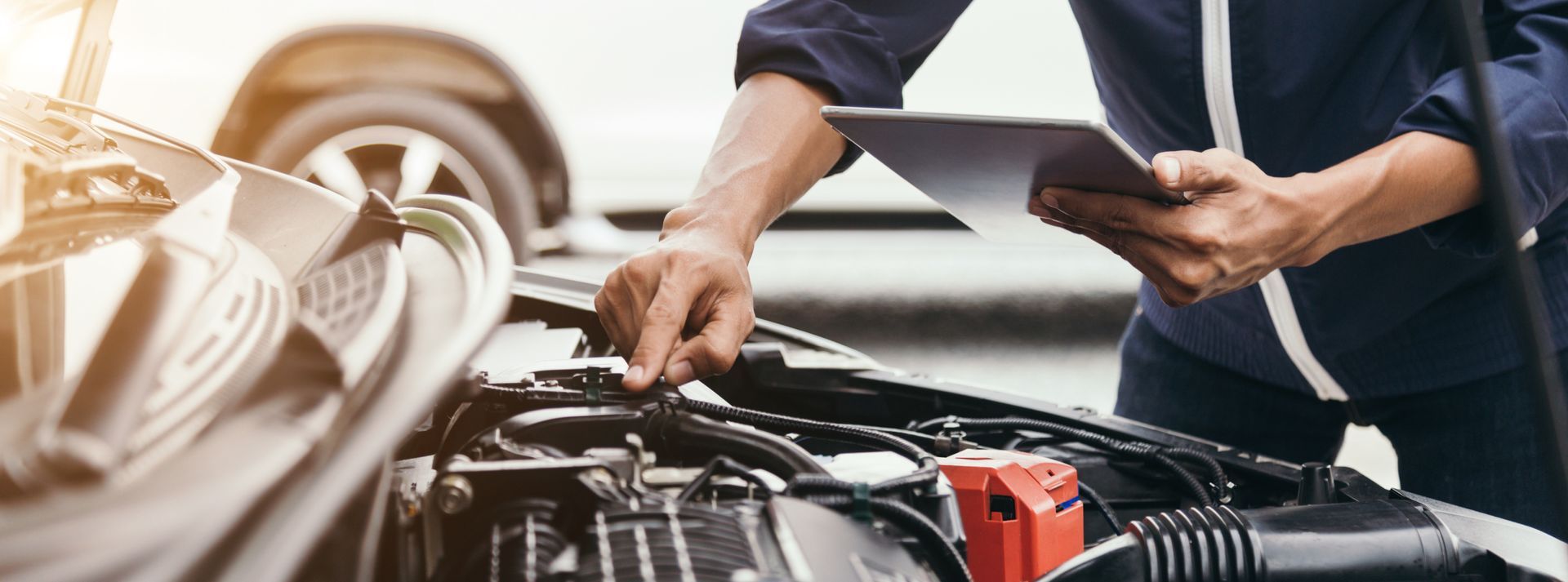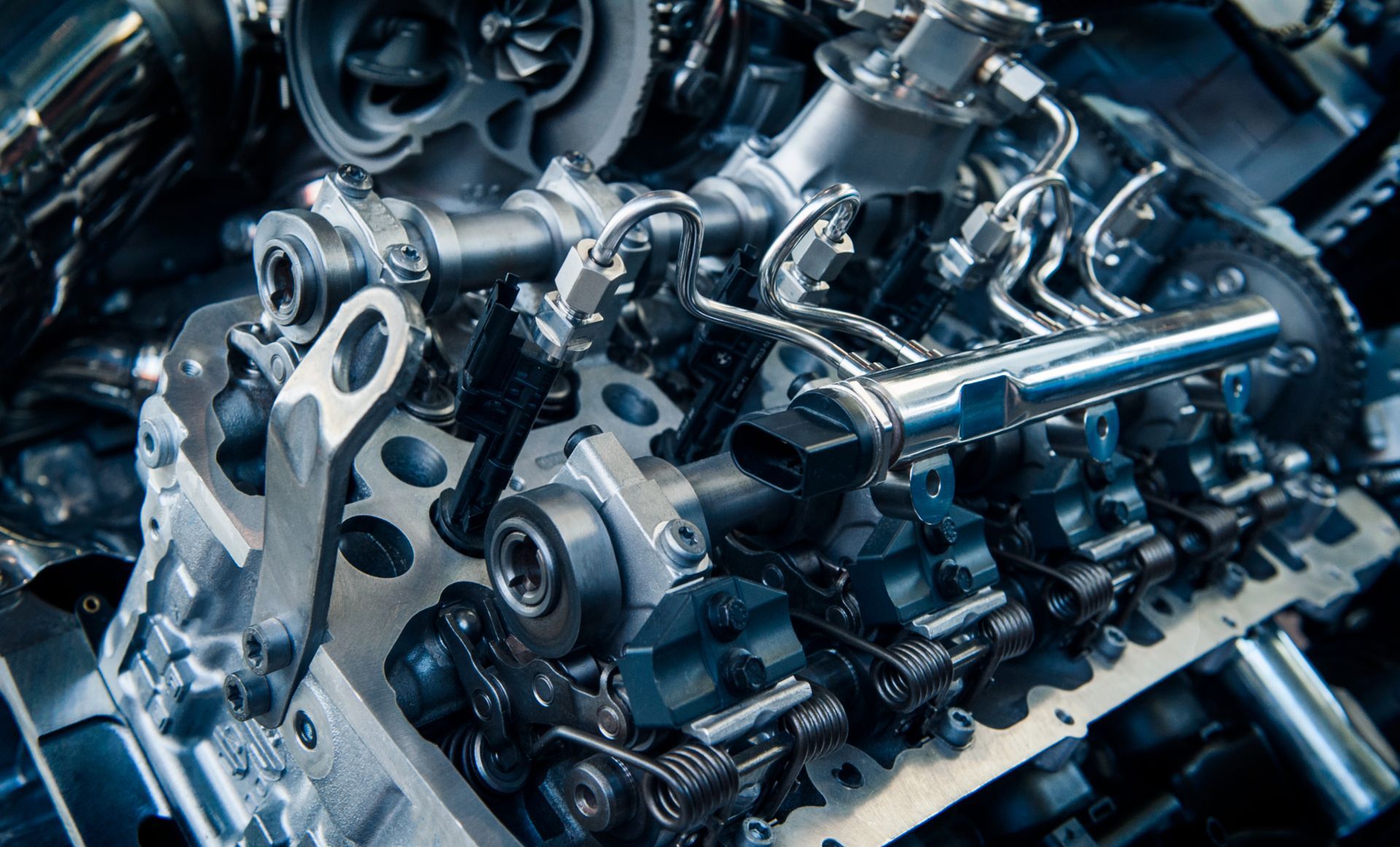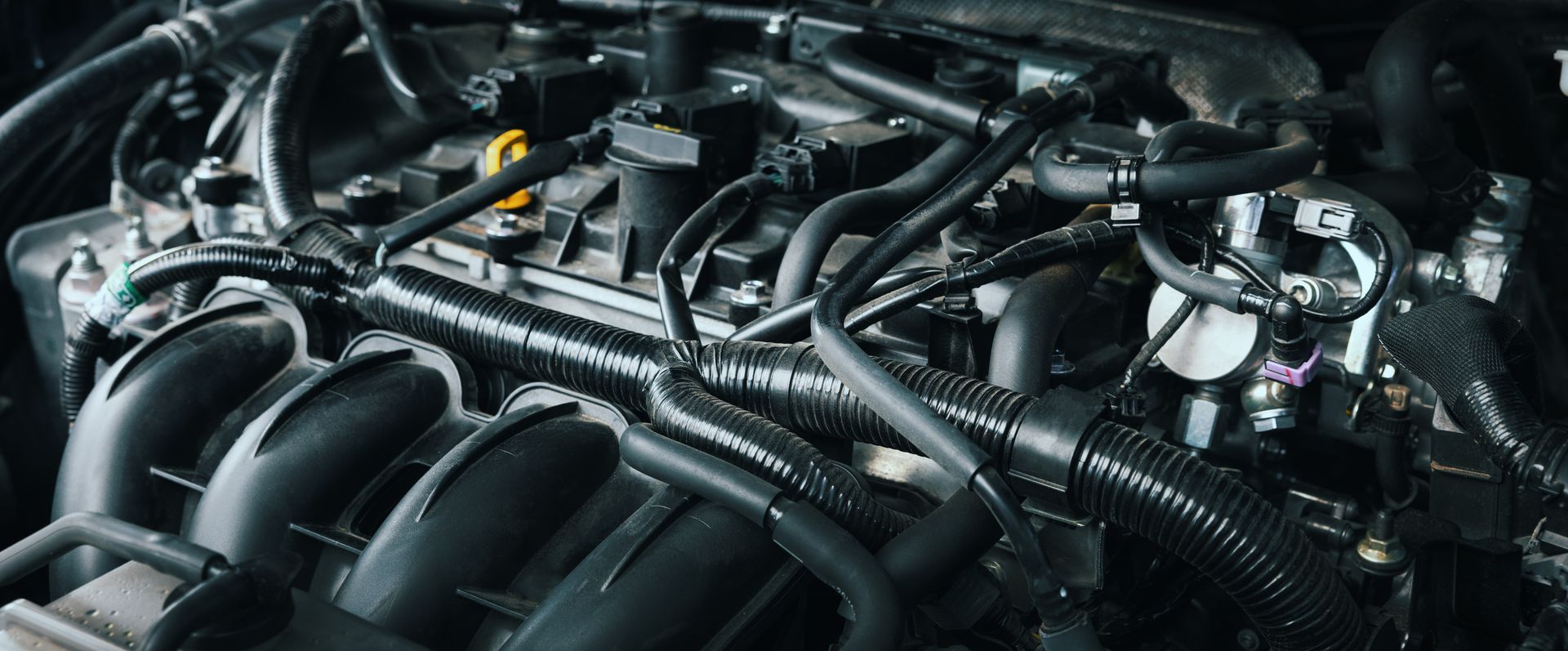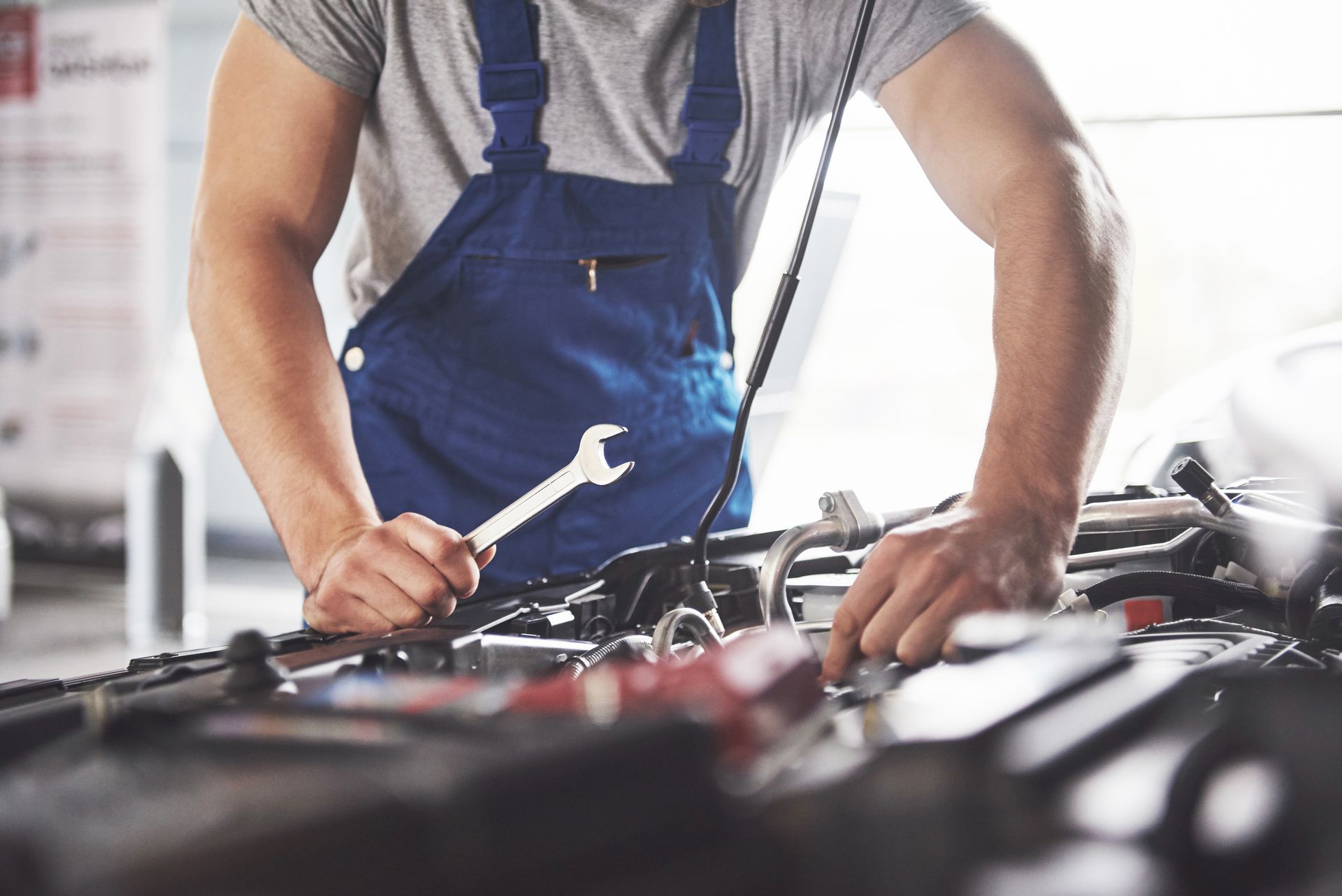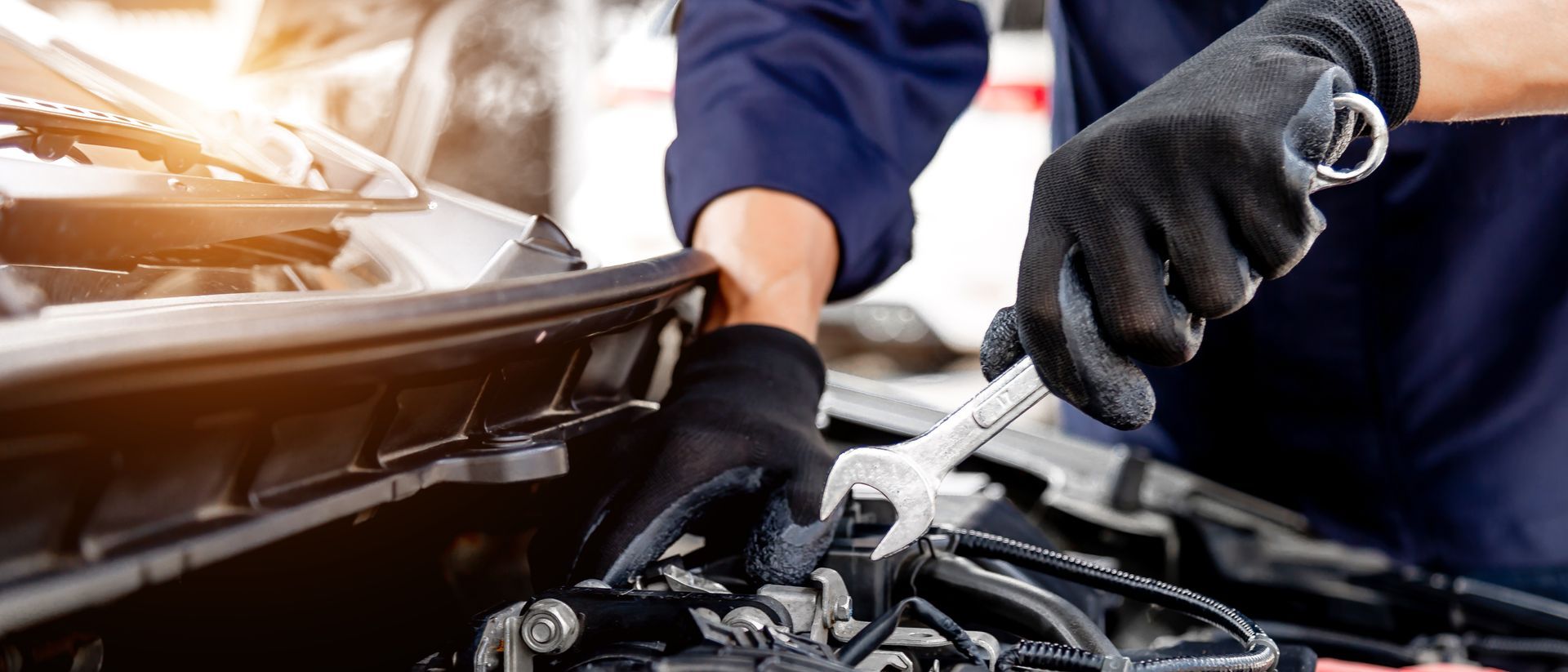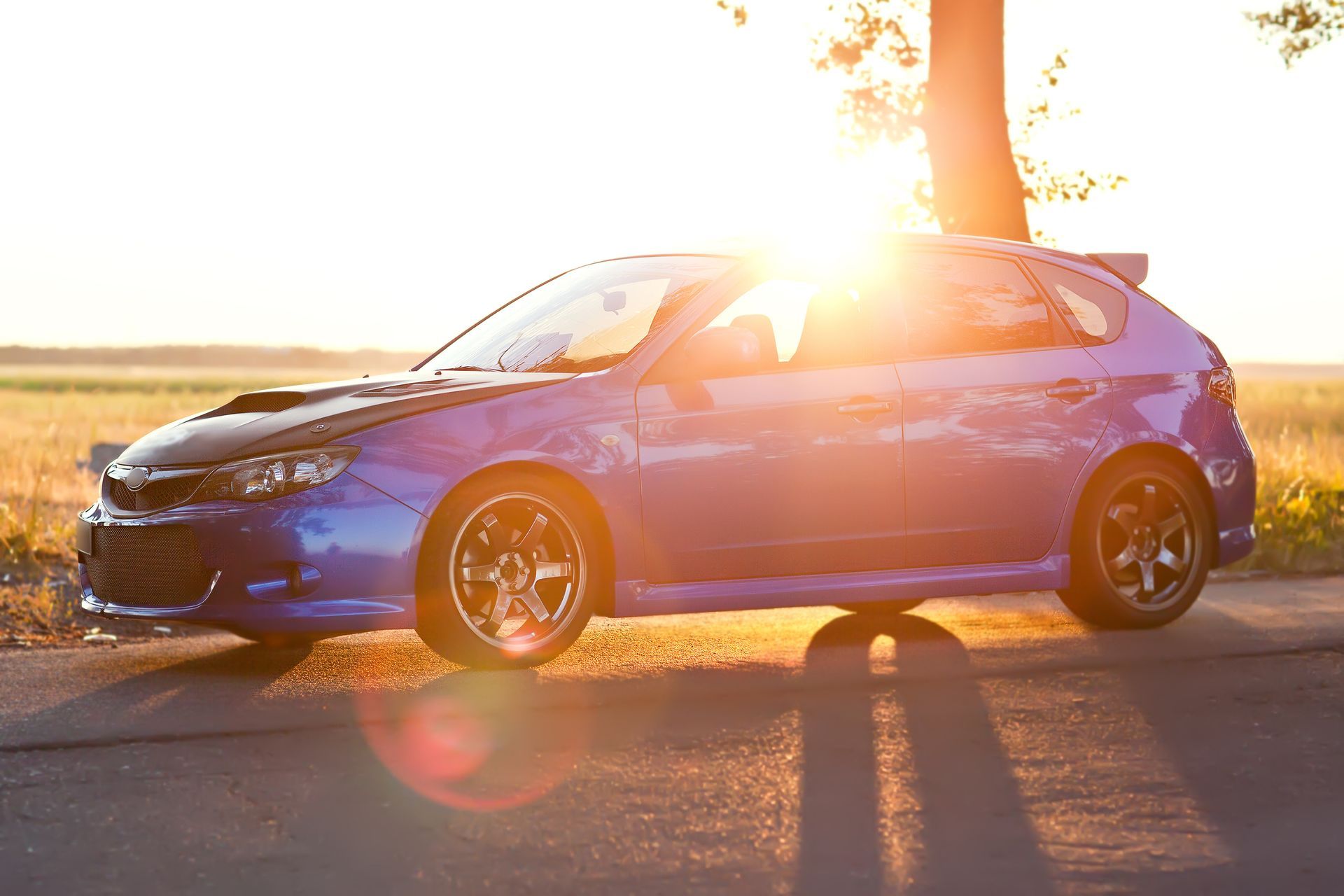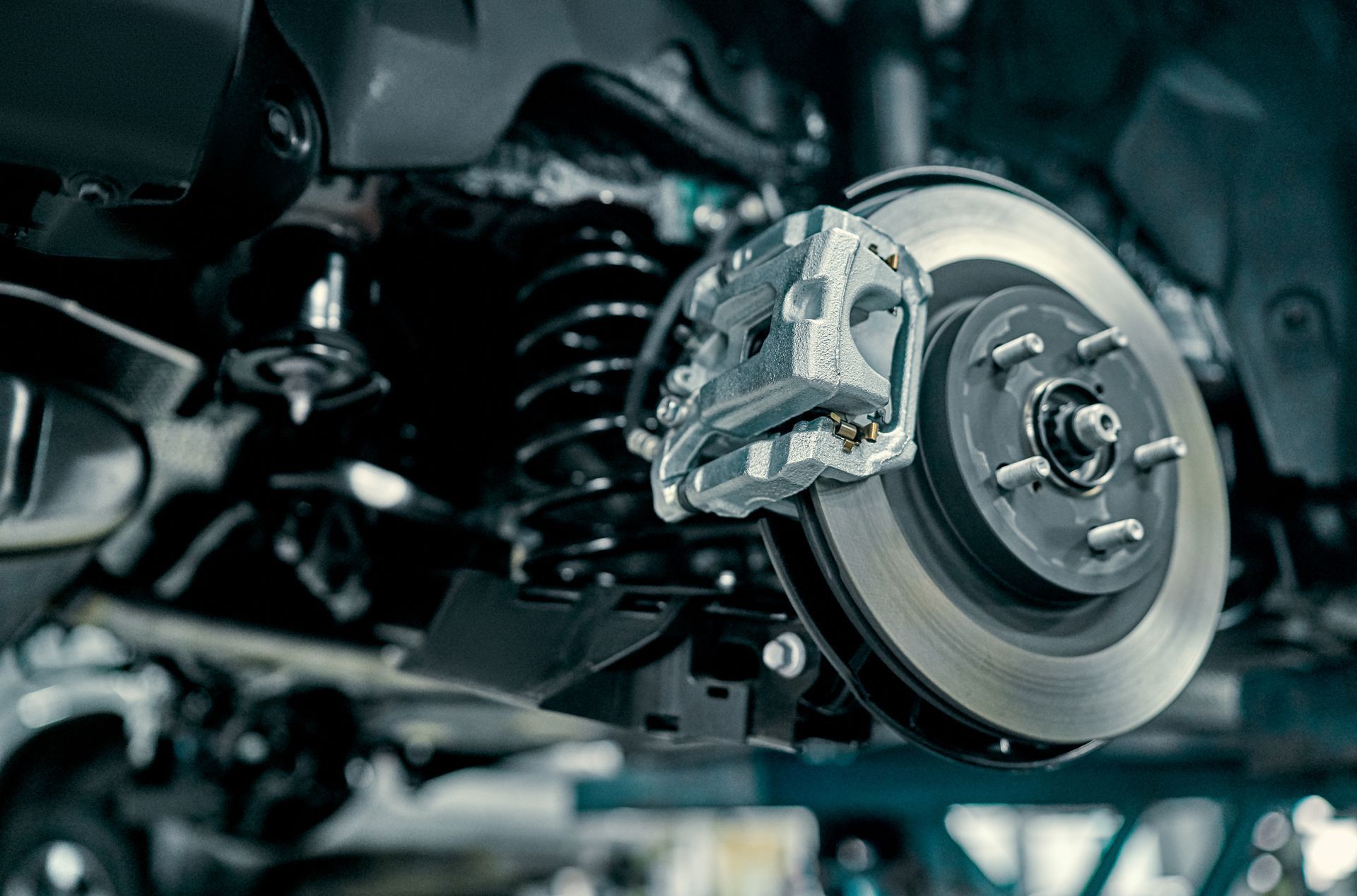HOW TO PROTECT YOUR CAR’S TURBOCHARGER
HOW TO PROTECT YOUR CAR’S TURBOCHARGER
Does your car have a turbocharger? By feeding the engine more air from its turbines, a turbocharger allows an engine to operate with significantly more power and with higher efficiency. However, if a turbocharger fails, it is often an expensive repair. Luckily there are some things you can do to protect your car’s turbocharger.
The three main causes of turbo failure are oil problems (whether from a lack of lubrication or contaminated oil), foreign objects like dust, dirt, and debris getting into the turbocharger, and over-speeding, which forces the turbo to work harder than it should. While the first two can often be avoided with proper maintenance, the third can often be avoided with proper behavior behind the wheel.
Here are some tips for protecting your car’s turbocharger:
- Make sure to have your oil changed often. Old oil will not properly protect your turbocharger, so follow the manufacturer’s guidelines for oil changes. You may even want to have it changed more often than the manufacturer recommends, depending on your driving habits.
- When you start your car, don’t immediately race the engine from idle. Instead allow from five to ten seconds for the oil to reach the turbocharger.
- You should never operate the engine at full power until the oil has had a chance to warm up thoroughly. Because cold oil is thick and globby, it cannot adequately lubricate the turbocharger until it has a chance to warm up and thin out. Also be sure to accelerate slowly while your car’s engine is warming up.
- Don’t go cheap on your oil. The fact is, low-grade oil can’t properly protect your car’s turbocharger. Be sure to use oil that is the correct viscosity and also meets the correct quality API specifications. Using low-grade oil can cause serious problems and can also reduce the lifespan of your car’s turbocharger to a significant degree.
- Because a turbocharger works the hardest when your car travels at sustained high speeds, it becomes very hot on a long drive on the freeway. Since shutting the engine off immediately can cause severe damage to your turbocharger, always allow the engine to idle for at least 30 seconds to a minute before you switch off the ignition.
- Don’t “blip” the throttle before you switch off the ignition because you will make the turbo’s turbines accelerate, but then fail to supply necessary lubricant. This can cause serious damage to the bearings and can also substantially increase the risk of premature failure.
While turbochargers were once relatively rare, these days they are common in high-performance vehicles, and most diesel engines have at least one. As a matter of fact, many different models of German-made vehicles come equipped with turbochargers. European Auto Tech specializes in servicing and repairing German automobiles like BMW, Mercedes Benz, Audi, Volkswagen, and Porsche. Our highly-trained technicians will give your vehicle the highest level of service. If you live in the Tucson area and want the best service and repair available for your BMW, Audi, VW, or other German automobile, contact European Auto Tech today.

